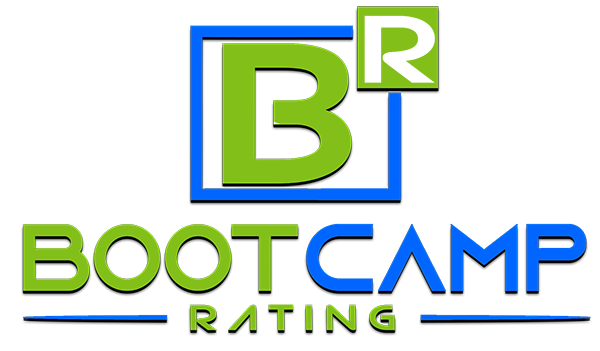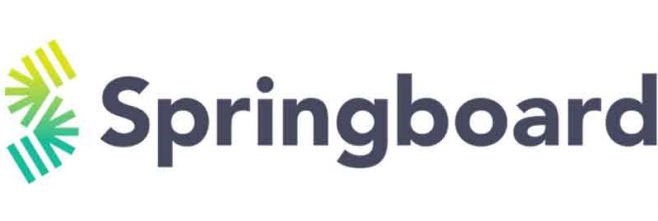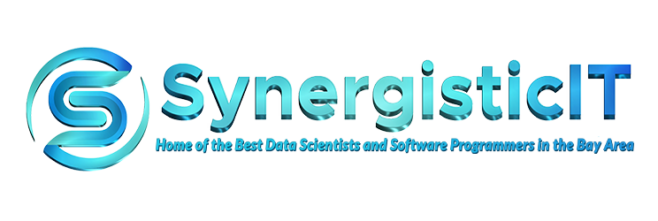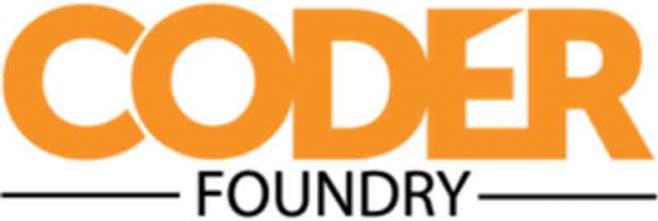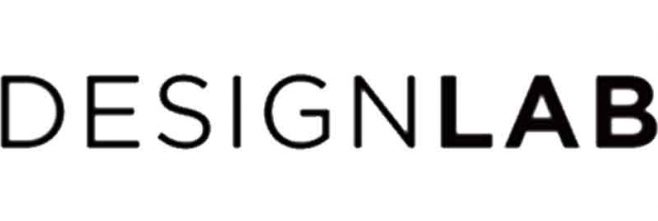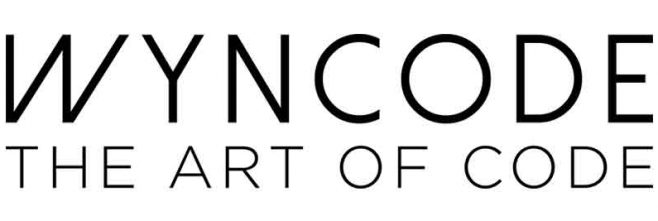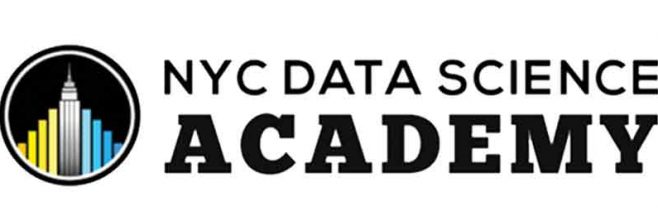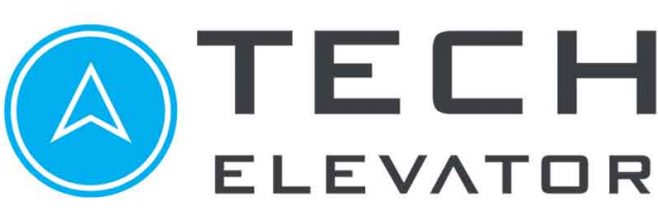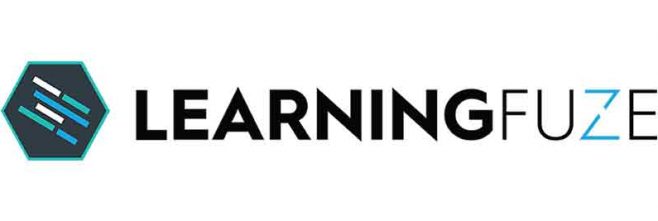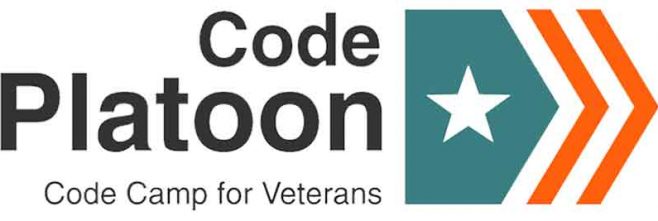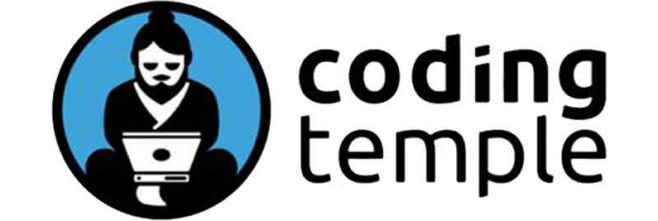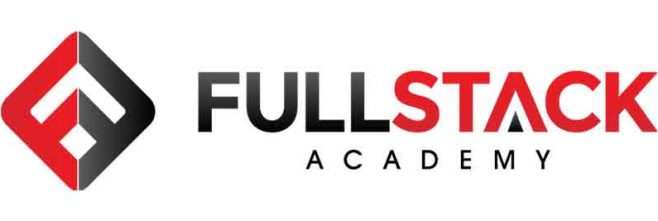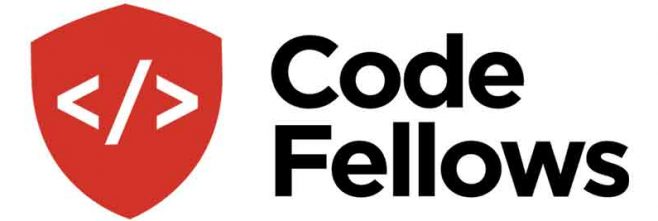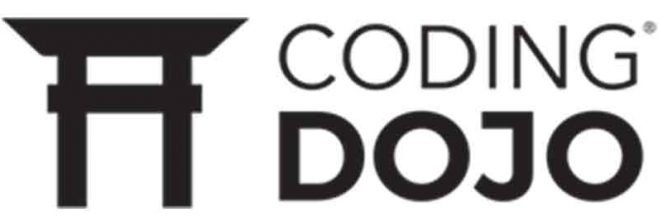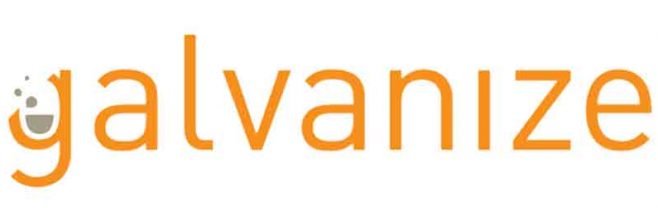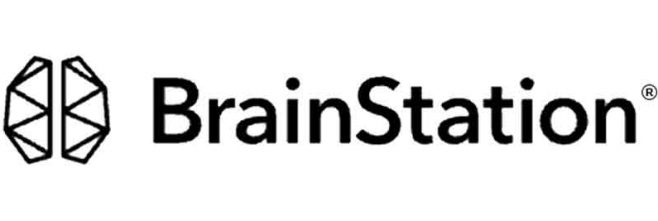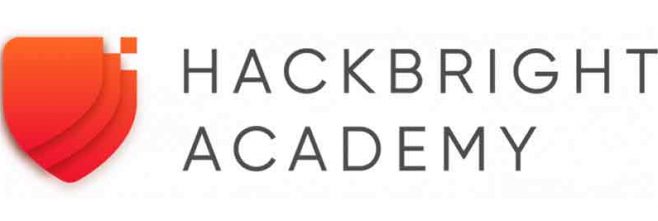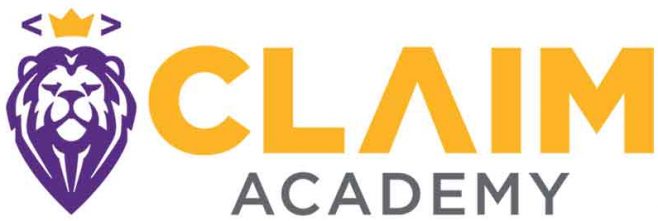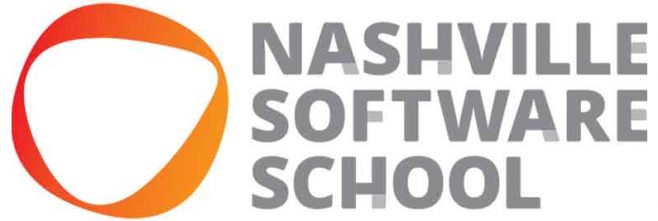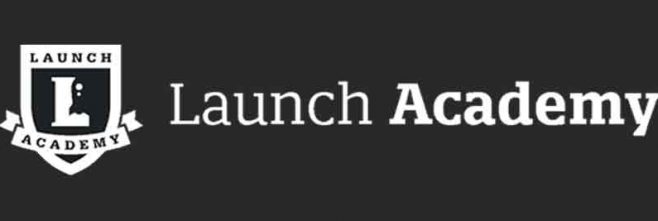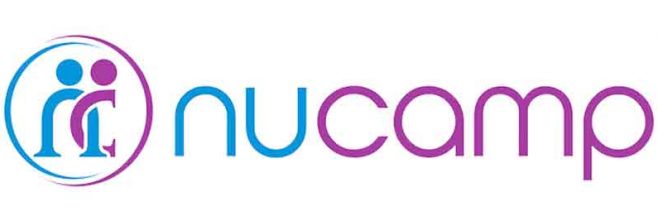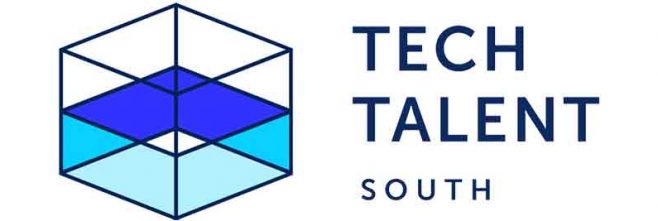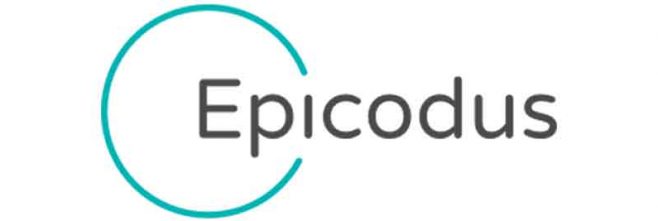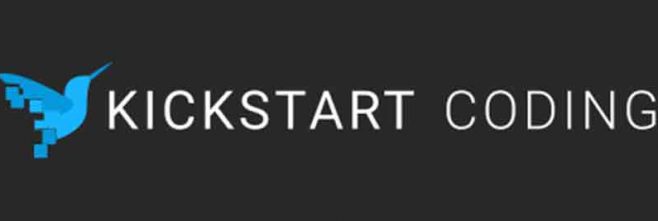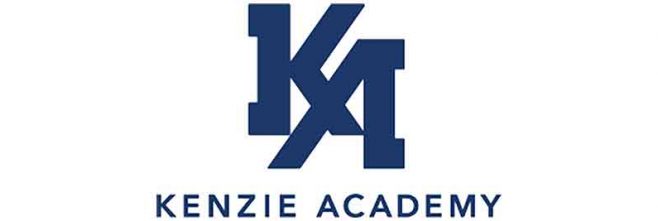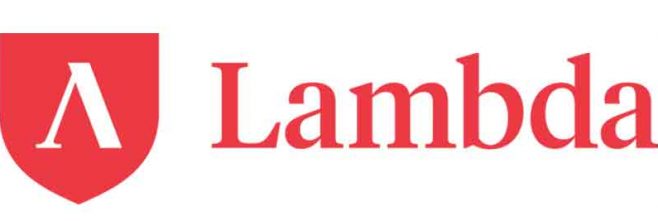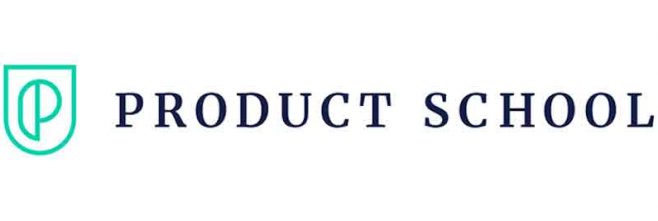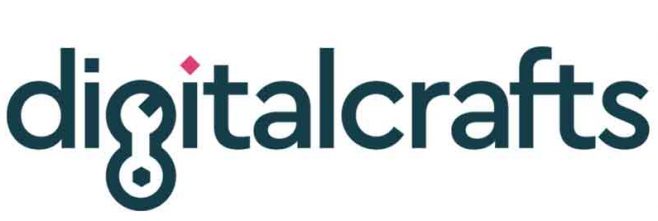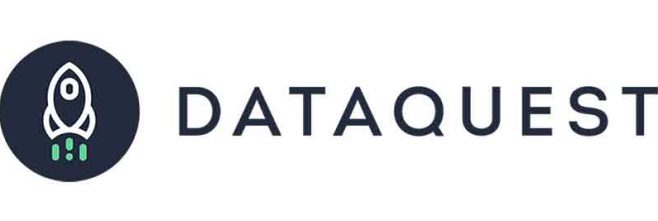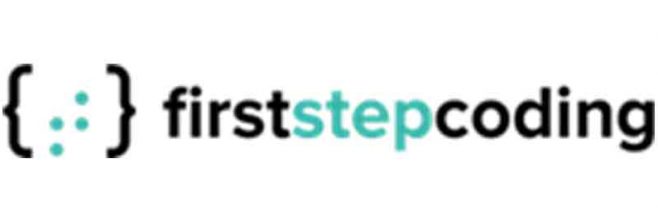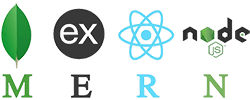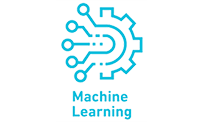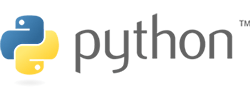Leading you to the Best Coding Bootcamps
Enrolling in a coding bootcamp is like an investment, you need to ensure that it will provide some valuable rewards in the future. Perhaps, the process of finding the right camp is no less than finding a needle in a haystack.
With many training institutes affirming to provide guaranteed success, students often end up in a confused state. So, to help you find the perfect coding bootcamp, we are giving an insight of different aspects such as duration of the course, employment rate, fees, class size, etc
Our data is unbiased and purely based on extensive market research. We have compiled the collected information from verified students about their bootcamp experience and facilitating you to make the right decision.
How can we help?
We understand that finding an ideal bootcamp can be stressful because there are so many factors to consider. Leave the hard work on us. We recommend you the best options based on your needs, location, and budget so that you can get a narrowed list of top options. We keep your data confidential and will not share your information with the third party.
This platform makes it easier for you to finalize the best Coding Bootcamp. From price, timings, ratings to technology coverage, we have gathered all the important information in one place so you can make a right choice.


Start your search with us:
- Use our directory to find the best coding camp in the U.S.
- Read hundreds of reviews from real graduates before making a decision.
- Get in touch with our team of experts to ask questions and clear doubts.
- Land a desired tech job in the field you like and leave a review for future campers.
- We save you from getting trapped into some job scams as we have genuine users and legit jobs.
How We Rate?
To assist students, we have rated different coding bootcamps on 3 criteria:

- Students to Teacher Ratio
- Placement Rate
- Numbers of Years in the Business
All the ratings are on a scale of 1 to 5 wherein 5 is the highest and 1 is the lowest. To collect accurate information about the bootcamps we have spoken to more than 200+ alumni.
| Rating | Student to Teacher Ratio |
|---|---|
| 5 | >10:1 |
| 4 | >20:1 |
| 3 | >30:1 |
| 2 | >40:1 |
| 1 | >50:1 |
| Rating | Placement Rate (%) |
|---|---|
| 5 | >90-100 |
| 4.5 | >80-90 |
| 4 | >70-80 |
| 3.5 | >60-70 |
| 3 | >40-60 | 2 | >30-40 | 1 | >10-30 |
| Rating | 5 | 4.5 | 4 | 3.5 | 3 | 2.5 | 2 | 1.5 | 1 |
|---|---|---|---|---|---|---|---|---|---|
| Number of Years in the business | 7 years or higher | 6 years | 5 years | 4 years | 3 years | 2.5 years | 2 years | 1 to 1.5 years | 6 months |
Our Success Rate
Around 87% of students have acknowledged that they were able to find the best coding Bootcamp with the credible data of Bootcamprating.

Your Route to Sucess
Enrich your coding knowledge with a splendid variety of certification courses and immersive training programs offered by the top-rating bootcamps
Our Blog
Deferred Tuition means that students do not need to pay any upfront tuition fees at the time of joining the camp, while they can pay a set amount once they graduate or find a job. Students can pay in installments that help the needy learners enter the IT world without any financial trouble.
Bootcamps are intensive, accelerated learning process that teaches beginners skills like Full Stack Web Development, Digital Marketing, Data Science, and UX/UI design. Coding camps prepare students for a career in the IT field in approximately 12 weeks. There are more than 100 coding camps across the U.S, and since their inception in 2012, they have seen massive growth throughout the years. They vary in length from 6 to 28 weeks based on your course and other training requirements.
These camps teach cutting-edge technologies and widely used programming languages like Python on Django, Ruby on Rails, PHP, Java, and JavaScript. They give students a chance to put their skills immediately into practice and allow them to build full functional applications and websites. The camps help students with interview preparation, build a portfolio, and a robust online presence.
Every coding camp has a different academic model than a traditional college or university, which allows them to serve the needs of the learners. Mainly, there are four models; full-time in-person, full-time remote, self-paced part-time, & career-focused. While the subjects taught are more and less the same, but the time commitment, depth, delivery of curricula, and outcomes vary as per the model.
- Full-time in-person camp
It is an immersive, full-time, in-person training that happens in a classroom with 40-80 hours of training every week. These bootcamps conduct full-time classes for long hours. To attend those classes, students have to leave their jobs and limit their other outside activities. - Full-time remote camps
The full-time remote bootcamps are similar to full-time in-person camps, but the mode of teaching is online. Such camps provide full-time programming for the said period via online live classes. They provide one on one guidance, interaction with other students, and targeted career coaching as well. - Self-paced online
This kind of camp requires less time commitment, but it takes longer to complete as compared to full-time programs. Usually, the students complete curriculum and projects at their own pace and meet with a mentor couple of times each week. The main advantage of this academic model is that you can enjoy the benefits of coding from the comfort of your own homes without needing to attend a campus or full-time classes. Also, you don’t need to quit your job in a self-paced camp as it can accommodate your current routine. - Part-time career focused
This camp usually happens during the night or weekends, and students study coding over a longer period. Students can easily maintain their study or part-time work while being enrolled in the camp.
The majority of graduates find full-time employment after completing their course. More than 80% of graduates get employed in a job that leverages their skills they learned at cam and they even get a 51% salary rise post graduating.
- $22K Average Salary Lift
- $66,964 Average Bootcamp Salary
- 51% Average Salary Increase
The demand for cybersecurity and data professionals has increased so, Bootcamps will continue to launch new courses to meet the industry demands. More and more employers now prefer to hire Bootcamp graduates, which means we could also see a rise in the number of enrollments.
Coding camps are not too expensive. Some boot camps even provide students with scholarships and easy installment payment plans. The rest depends on the kind of training course you have enrolled in, the duration, and the mode of teaching. For online training, you might need to invest in a good computer with a stable internet connection. However, for the campus classes, you will have to manage traveling and sometimes accommodation expenses as well.
In simple terms, one can say that the coding bootcamps are worth it for the students who want to build a solid foundation in programming and gain career mobility in a short period.
Coding camp graduates can do a lot of things that can help them gain some real-world experience, like:
- Get hired as a junior developer at a big company you have always admired
- Join a team at a startup
- Do an internship and learn from masters of the industry for a few months
- Launch a product or become a technical co-founder
- Freelance while you travel
- Work for another camp as a teacher, support staff or instructor
- Take on new projects at your current company or get a promotion
So can you learn everything you need to get a job in the IT industry via a bootcamp training and without a computer science degree? Here are some things to consider when deciding between 4 years vs. 4 months of school:
- Cost: The cost of a Bootcamp is equal to one semester of a CS degree program. Not just this, the more rewarding part is the starting salary of 60-70K as soon a student completes the program.
- Return on Investment: Students can complete a camp in less time and by spending less money while still maintaining the same earning potential of that of a CS grad.
- Time: The degree program requires you to spend a long time which means deeper understanding and more practice in four years. On the contrary, you will finish a boot camp in a matter of months but sometimes students need to devote much time for self-studying & to cope with the fast-paced curriculum.
- Curriculum: For a better well-rounded understanding of computer systems, a CS degree is a better option. To build a deep understanding of coding and learn practical applications, joining a bootcamp is the right choice.
Career Outlook: For people who want to launch or join a startup, they can skip the CS degree and join a Bootcamp. If you plan on becoming an executive in Google, Amazon, or Apple, then plan on doing CS somewhere down the road.
While being very rewarding, a camp will also push you to your limits and sometime be very stressful. So before you join, consider if it’s the right way for you to learn coding. Generally, schools look for the below-mentioned traits in their students:
- Willingness to work hard: Spending 40-80 hours a week over a course of several months to learn a new skill is a huge investment and without your willingness to work hard, it can be a problem to stay motivated. Bootcamps want to know if their students are ready to commit to the training and do whatever it takes to complete the program.
- Ability to solve problems: Your ability to solve problems is quite vital in your success during the tenure of bootcamp. A majority of bootcamps require students to spend most of the days solving challenges and your approach to the given problems will be more important than actually solving the challenge.
- Interpersonal skills: Bootcamp is a team support where you will spend majority of your time learning to code amidst a group of strangers. Students who demonstrate their desire to help others as well as help themselves do fairly well.
Technical requirements: Many camps ask you to go through a technical round before giving you admission so you need to be prepared with basics and if not, you also have an option to do their prep course.
The acceptance rate at top coding camps is not that high because they usually look for a specific skill set before they let students join. Some camps help beginners make their break in the IT field and some are dedicated to help you upskill to advance in your professional career or add a new skill set to your resume. So before you join a camp, figure out your skill sets and then decide a place that aligns with that well.
- Immersive camps: They usually last for 2-7 months and classes are held full time. Many immersive camps make you put in 80-hour weeks and to get admission in an immersive camp, students need to give up their full-time job and also limit outside camp activities.
- Part time camps: Part time camps usually happen during night or weekends. While they allow you to complete them on your own pace, you will have to spend longer time period to get certified.
- Online camps: This style of learning is increasingly becoming popular among students and camps alike. With online classes, students can choose between full or part time courses and complete their curriculum and projects at their own pace. Most online camps have a community of students where they can connect, ask questions and share feedback too.
Though language should not be the main deciding factor while choosing a camp, yet you can select a particular language depending on your career goals. The best options for web and mobile development are Java, Python, JavaScript, C, PHP, HTML5, Kotlin, Ruby, and Swift.
Learning a new language can help you advance your career, and you will end up doing something entirely different in your areas of interest.
